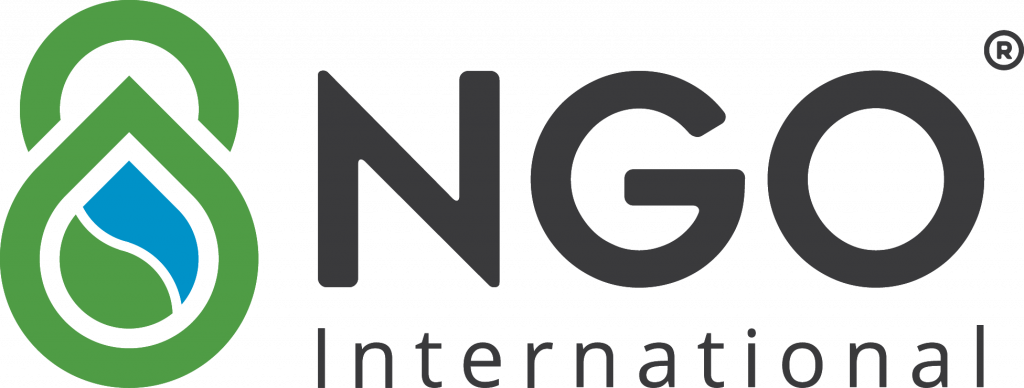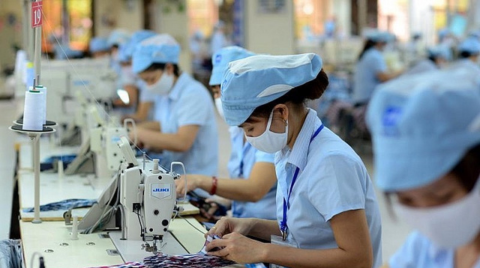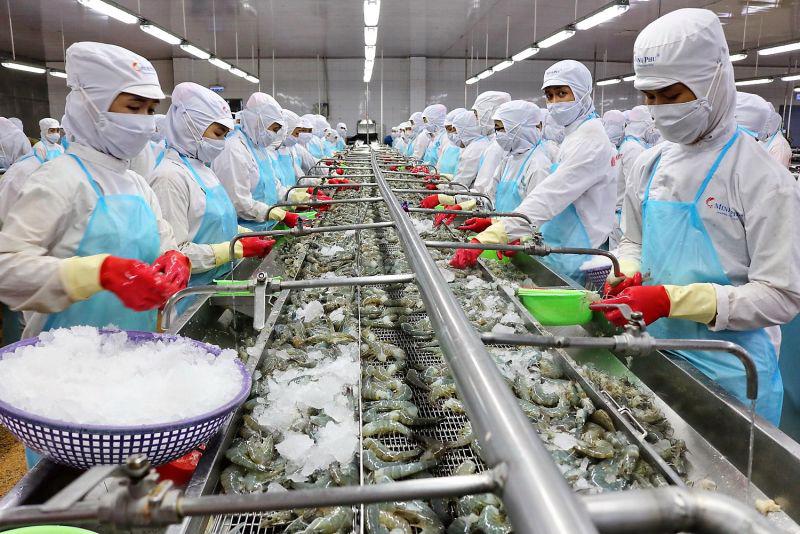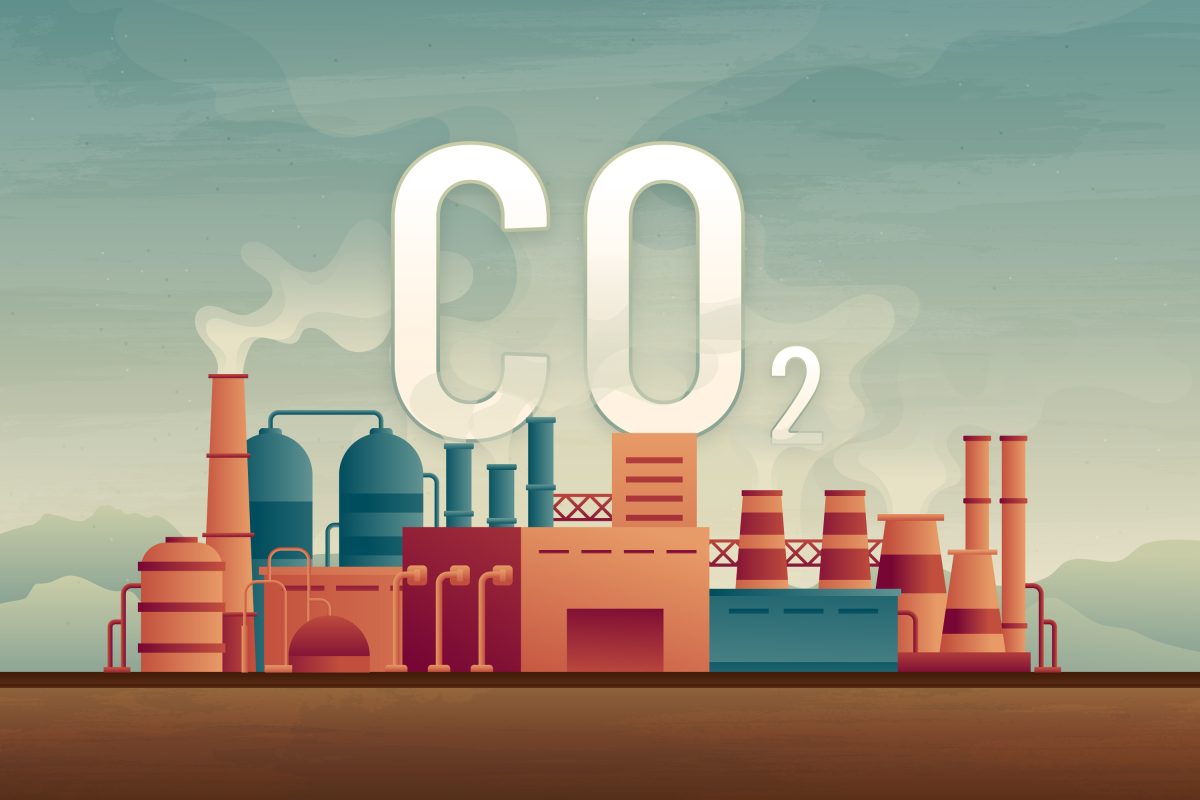To contribute to achieving environmental and climate goals, the EU will implement regulations on eco-design for sustainable products starting from July 18, 2024. This will directly affect many of Vietnam’s key export products to the EU market.
Recently, the Vietnam Trade Office in Germany reported that the Eco-design for Sustainable Products Regulation (ESPR) is part of a core set of measures aimed at achieving the goals of the 2020 Circular Economy Action Plan. This regulation will help the EU achieve its environmental and climate goals, doubling the use of circular materials and achieving energy efficiency targets by 2030.
When the regulation comes into effect, it will establish eco-design and information requirements for most physical goods placed on the EU market.
Accordingly, the regulation encourages the recycling and reuse of consumer products across the bloc. It also emphasizes integrating environmental considerations into all stages of product development. This is particularly important in a world with high demand for efficient and sustainable products as a means of reducing energy and resource consumption.
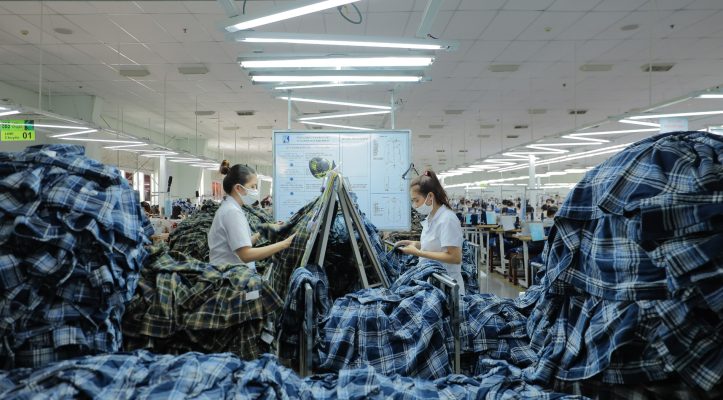
The New EU Regulation Directly Affects Many of Vietnam’s Key Export Products
The Vietnam Trade Office in Germany emphasized that the EU has long been active in this area. For instance, the energy label on washing machines or refrigerators is thanks to the European Union. However, environmental sustainability goes beyond energy efficiency. Therefore, under the new regulation, a sustainable product will need to exhibit one or more of the following characteristics:
- Consumes less energy.
- Lasts longer.
- Is easily repairable, with parts that can be easily removed and reused.
- Contains fewer hazardous substances and is easier to recycle.
- Has lower carbon and environmental emissions throughout its lifecycle.
In addition, the new regulation introduces measures to ban the destruction of unsold textiles and footwear and paves the way for extending similar bans to other sectors if evidence shows such measures are necessary.
“As such, the implementation of this new EU regulation will directly affect the textile and footwear industries, which are key export sectors for Vietnam to the EU and German markets,” the Vietnam Trade Office in Germany emphasized.
To comply with the new EU regulation, companies will also be required to disclose annual information on their websites, such as the number and weight of products they discard and the reasons for doing so.
For example, the latest implementing act on mobile phones and tablets, adopted in June 2023 and effective from June 2025, requires durable designs, longer battery life, and extended availability of software updates and spare parts. Compared to previous energy-focused regulations, this act demonstrates how the EU enforces the Right to Repair under ESPR.
With this new regulation, the EU aims to continue its long-standing record of delivering benefits to businesses, consumers, and the environment.
In 2021 alone, the impact of existing eco-design measures, covering 31 product groups, saved EU consumers EUR 120 billion in energy costs and reduced annual energy consumption of covered products by 10%.

 Tiếng Việt
Tiếng Việt